Recognizing early signs of illness is crucial for timely intervention and improved health outcomes. Often, these signs are subtle and easily overlooked in the hustle of daily life. However, understanding and being alert to these early symptoms can lead to quicker recovery and may prevent more severe health issues. This blog post explores various signs indicating that one might be getting sick, from headaches to digestive issues. Knowing what to watch for can empower individuals to take charge of their health and seek medical attention when necessary.
Contents
Headache
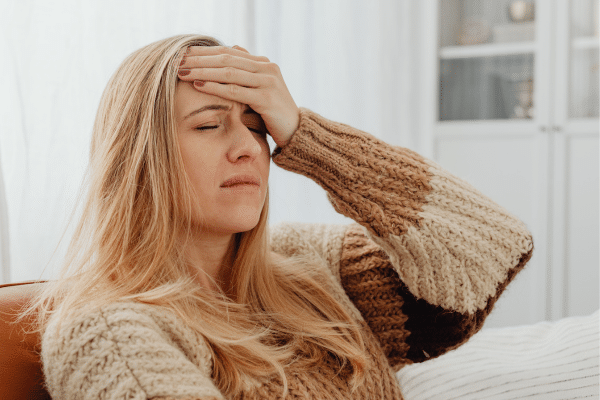
Headaches are a common ailment, but they can also be an early sign of illness. There are various types of headaches, including tension, migraine, and cluster headaches. Each type has its own set of characteristics and potential links to different health conditions. For instance, tension headaches, often caused by stress or poor posture, can also be an indicator of dehydration or eye strain. Migraines, on the other hand, might suggest hormonal changes or dietary triggers. It’s essential to understand the type of headache experienced, as it can provide valuable clues about overall health.
Headaches that are unusually severe or persistent should not be ignored. They could be a warning sign of more serious health issues, such as infections or neurological disorders. It’s important to pay attention to accompanying symptoms like fever, nausea, or visual disturbances, as these can further indicate the underlying cause of the headache. When headaches disrupt daily activities or significantly change in pattern or intensity, it’s advisable to seek medical consultation. Timely diagnosis and treatment are key to managing any underlying health issues effectively.
Muscle Aches
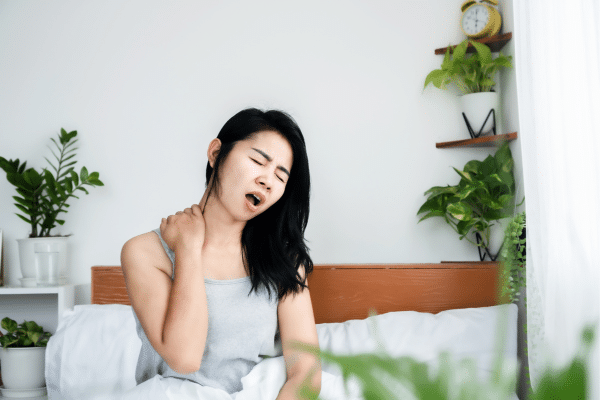
Muscle aches are often associated with physical exertion, but they can also be a sign of an impending illness. These aches can be a response to the body fighting off an infection, such as the flu or a common cold. It’s essential to pay attention to muscle pains that are not linked to recent physical activity, as they can indicate an underlying health condition. The experience of unexplained muscle soreness, especially when accompanied by other symptoms like fever or fatigue, should not be taken lightly.
Distinguishing between normal muscle soreness and pain related to illness is key. If muscle aches are accompanied by unusual symptoms such as a rash, severe fatigue, or difficulty breathing, they may be indicative of a more serious health issue. It’s especially important to monitor the duration and intensity of these aches. Persistent or severe muscle pain, without any clear cause, warrants a consultation with a healthcare provider. Timely diagnosis and treatment can help in addressing any underlying health issues effectively.
Fever
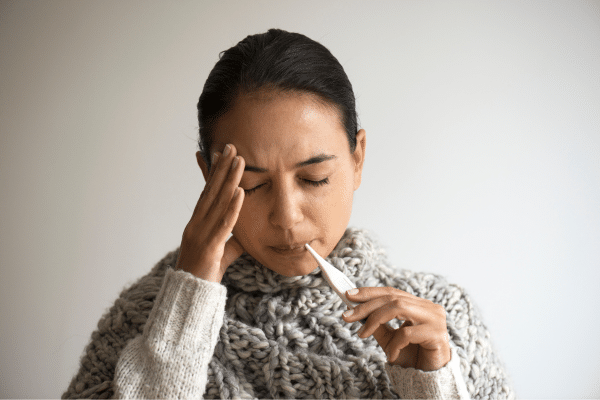
Fever is a common and natural response of the body to infection. It’s a sign that the immune system is actively working to fight off an invading virus or bacteria. While a low-grade fever might not be a cause for alarm, it’s important to monitor its progression. Persistent high fever or a fever that returns after subsiding can be indicative of a more serious infection or health condition.
Understanding when to seek medical attention for a fever is crucial. For infants, the elderly, and individuals with compromised immune systems, even a moderate fever can be a significant concern. Additionally, if fever is accompanied by other symptoms such as a stiff neck, severe headache, rash, or confusion, it’s imperative to consult a healthcare professional immediately. These could be signs of a serious infection requiring immediate medical intervention.
Cough
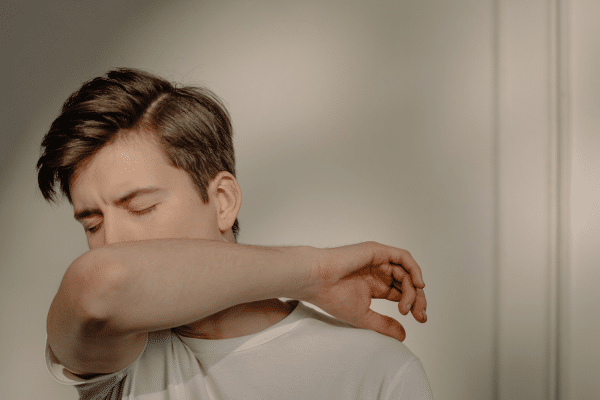
A cough can be a defensive mechanism of the body to clear the breathing passages and expel irritants. However, the nature and duration of a cough can provide insights into one’s health. A dry cough might suggest viral infections like a cold or flu, while a wet cough could indicate bacterial infections. Persistent coughing, particularly when it disrupts sleep or day-to-day activities, should be observed closely.
When a cough is accompanied by other symptoms like shortness of breath, chest pain, or blood-tinged sputum, it’s time to seek medical advice. These symptoms can be indicative of more serious conditions such as pneumonia or bronchitis. Persistent coughs lasting more than a few weeks, especially in non-smokers, require medical evaluation to rule out other potential causes, including allergies or chronic respiratory conditions.
Fatigue
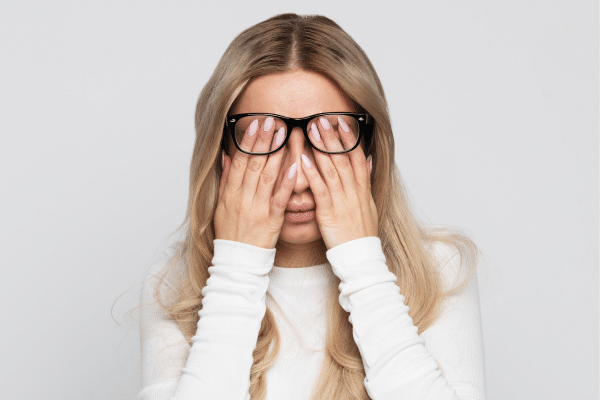
Feeling tired is often dismissed as a normal part of a busy lifestyle. However, persistent fatigue, even after getting adequate sleep, can be a telltale sign of underlying health issues. This type of exhaustion can affect mental and physical performance, significantly impacting daily activities. It’s important to distinguish between the usual tiredness and fatigue that could be symptomatic of health problems. Fatigue often accompanies various illnesses, from the common cold to more chronic conditions like anemia or thyroid disorders.
It’s crucial to monitor other symptoms that may accompany fatigue, such as muscle weakness, mood changes, or difficulty concentrating. These additional signs can help in identifying the potential cause of the fatigue. If this overwhelming tiredness persists for an extended period, it might be a signal to consult a healthcare provider. Early detection and treatment of the underlying cause can prevent further health complications and improve overall well-being.
Nasal Congestion
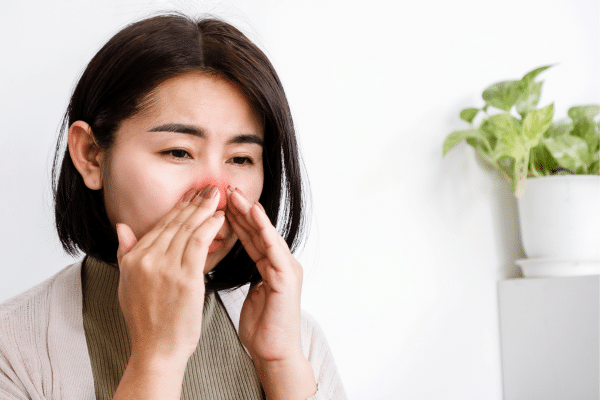
Nasal congestion, commonly known as a stuffy nose, can be a sign of various health issues. While often linked to common colds or allergies, persistent or severe congestion can indicate a sinus infection or other respiratory problems. It’s important to observe other accompanying symptoms like facial pain, headache, or fever, as these can provide further clues about the underlying cause.
When nasal congestion persists for an extended period or is accompanied by thick, discolored nasal discharge, it may be time to consult a healthcare professional. Chronic nasal congestion, especially if it’s affecting sleep or daily activities, should not be overlooked. Sinus infections, if left untreated, can lead to more serious complications, making early diagnosis and treatment essential.
Digestive Issues

Symptoms like nausea, vomiting, or diarrhea are common and can be early signs of sickness. These digestive disturbances can be the body’s way of expelling harmful substances or fighting off infections. While occasional episodes may not be a cause for concern, persistent or severe symptoms can indicate a more serious condition.
If these digestive issues are accompanied by other symptoms like fever, abdominal pain, or dehydration, it’s important to seek medical attention. Persistent symptoms could be indicative of food poisoning, a gastrointestinal infection, or even chronic conditions like irritable bowel syndrome. Early intervention in such cases can prevent further complications and help in effective management of the condition.
The Bottom Line
Understanding the early signs of sickness and acting promptly can significantly impact health outcomes. It’s important to listen to the body’s signals and seek medical advice when symptoms persist or worsen. Early intervention can prevent complications and lead to quicker recovery, underscoring the importance of being proactive about health. Recognizing these signs is not just about treating illness, but also about maintaining overall well-being and quality of life.


